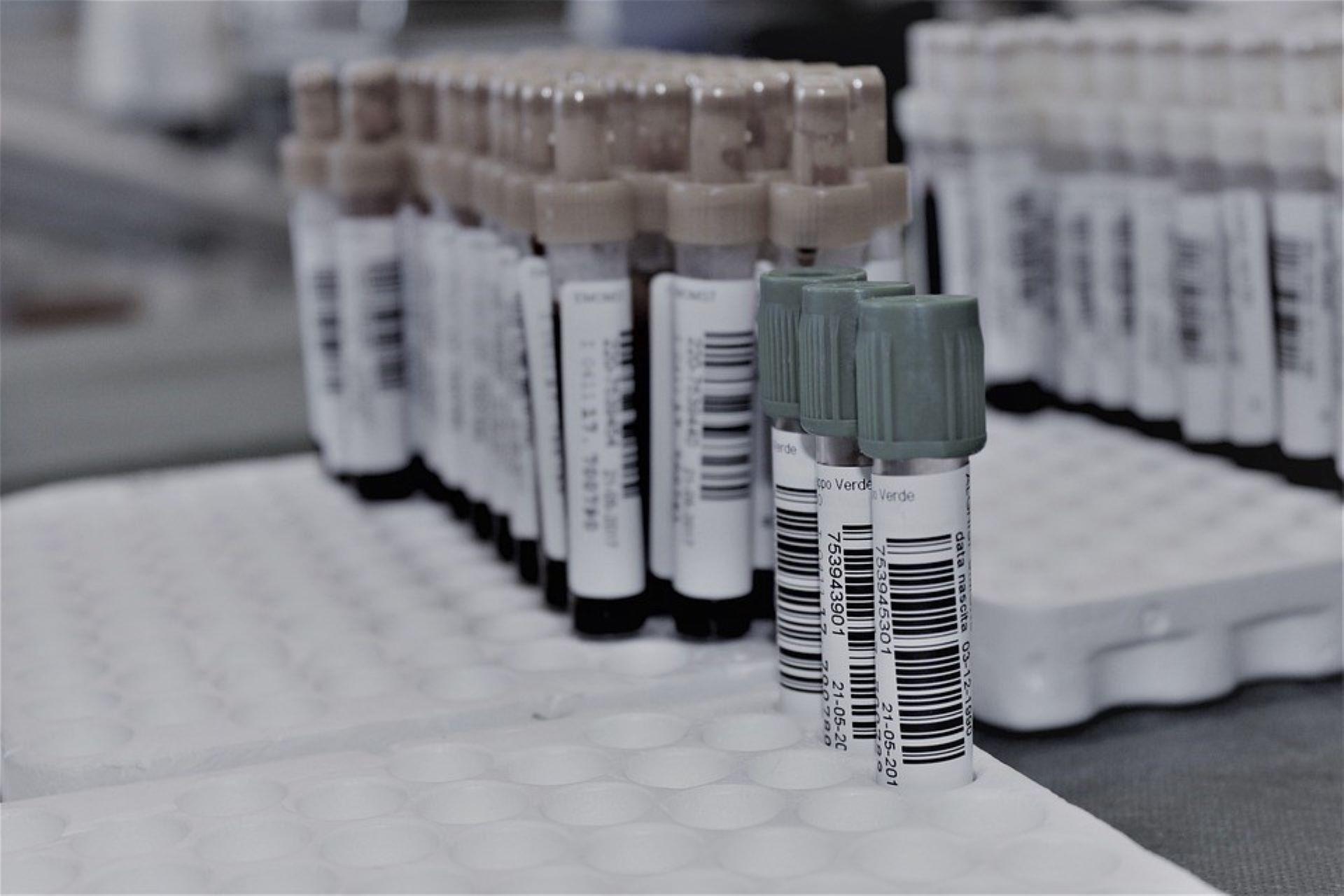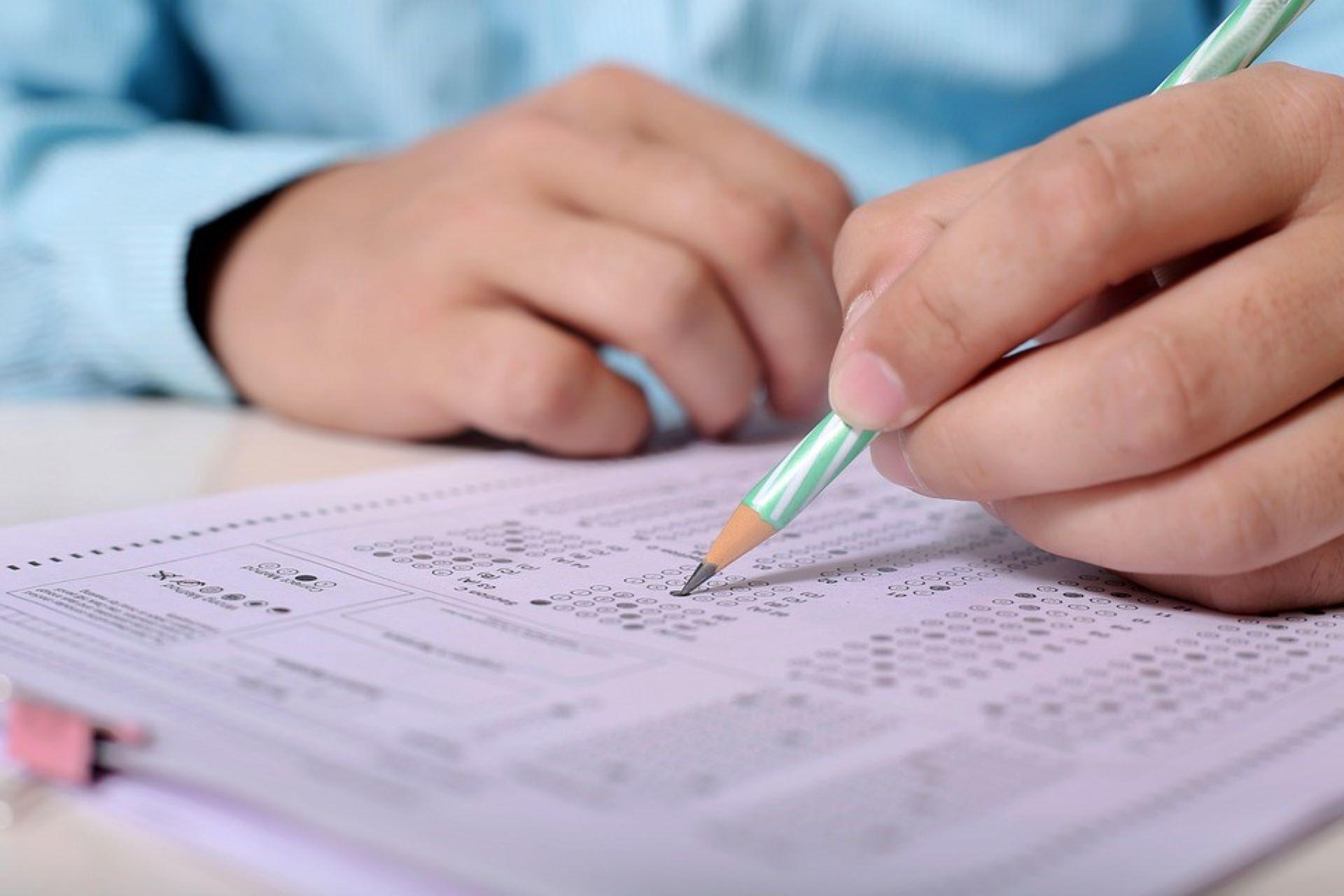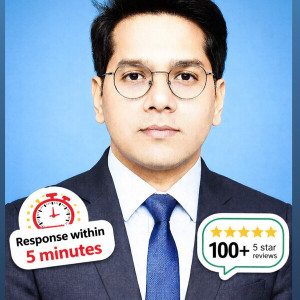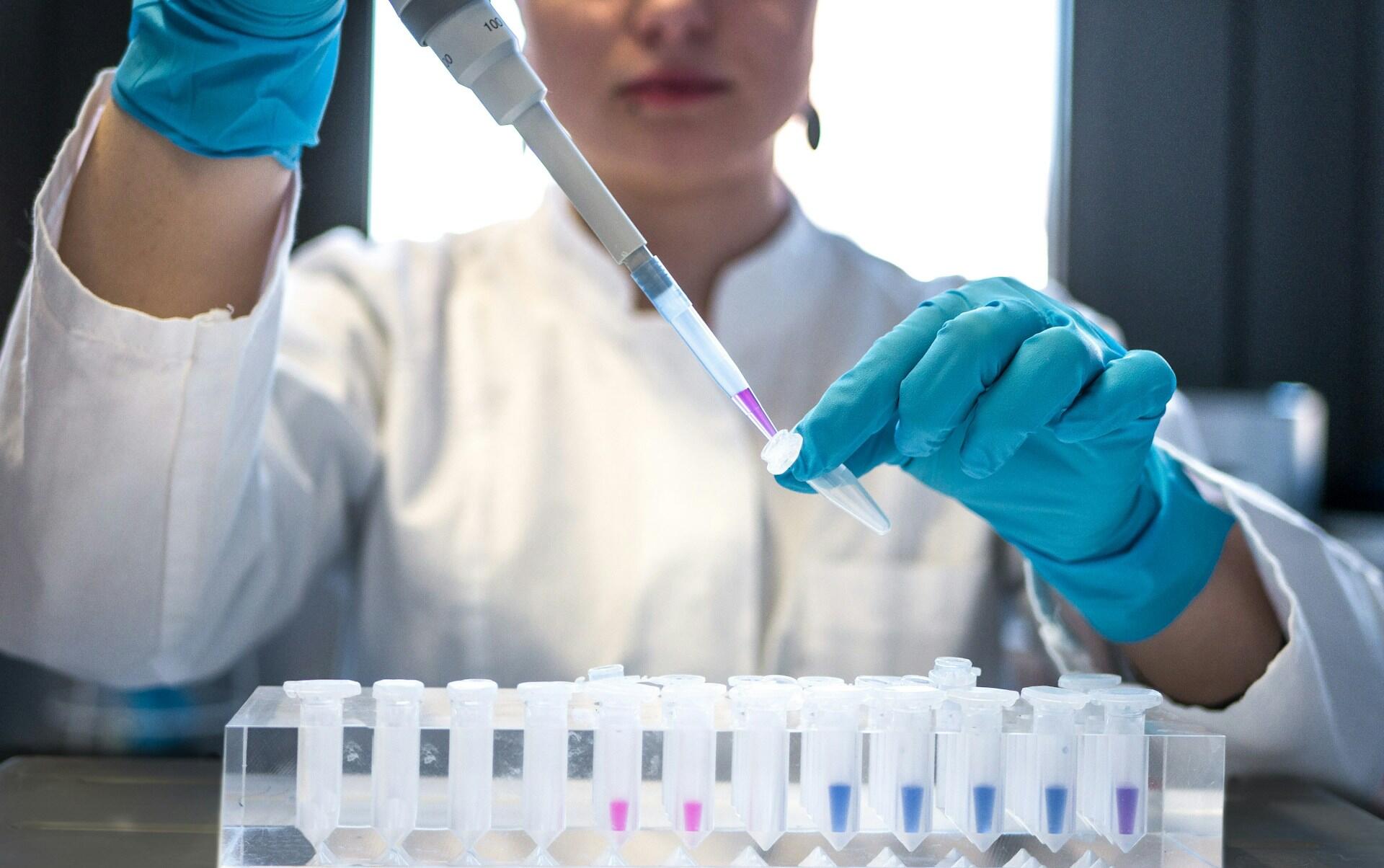Pharmacists play a crucial role in healthcare by serving as a channel between patients and doctors. Their duties stretch beyond handing out prescription-based and over-the-counter medications; they also oversee if medications are correctly administered, run health screenings, and counsel on living a healthy lifestyle. If you need hands-on help with foundational science, consider looking for chemistry tutors near me.
And if you are living in the States, pharmacology can be a great career as the US is one of the biggest manufacturers and suppliers of pharmaceuticals — demand for the pharmacy sector has never been higher. However, it would help if you gained the proper qualifications before starting the journey.
For starters, you require a degree and Residency experience and take several tests to gain a license.
Superprof features talented pharmacists to train you from scratch to perfection. Whether you need help with your coursework or to ace tests, our tutors can help! Read on as we have delved into the specifics but still, if things are unclear, feel free to reach out.

What Does A Pharmacist Do?
The healthcare community considers pharmacists as professionals skilled in preparing, dispensing, storing, and using medications.
They make sure that the proper medication is used to fill each prescription, and they provide patients advice on pharmaceutical brands, dosage, side effects, possible interactions, and storage techniques.

How To Become A Pharmacist?
Once you complete a four-year degree in pharmacy – MPharm or OSPAP – a world of opportunities opens up, so there are many options to pursue a career.
But you have to systematically approach the coursework with a proactive plan to reduce the stress of extra classes and the cost they spend in school.
Wondering what schools offer the best pharmacy programs?
It Begins With High School
Your high school education can provide a solid foundation if you study pharmacy. For instance, you can enroll in advanced math, biology, physics, and chemistry courses. These subjects are necessary if you plan to go for a Ph.D. program in the future.
Besides, a pharmacist's written and verbal communication abilities are crucial as they could help them impart their understanding of medications to patients and medical professionals.
You usually require at least two years of college education to enroll in a professional pharmacy school. Other than that, many would-be pharmacists often earn a bachelor's degree after four years of postsecondary study before they apply to doctorate programs.
Participating in extracurricular activities like STEM, healthcare, or communications would be best to get a leg up in the application process.
Some examples of extracurricular activities may be working for a nursing home, school newspaper, HOSA, or Science Olympiad.
To qualify for a degree program in pharmacy, students take the Pharmacy College Admission Test (PCAT) from internationally accredited medical institutions. It covers writing, biological processes, chemical processes, critical reading, and mathematical thinking. The majority of pharmacy schools require the PCAT.
If you need further assistance with PCAT or any other pharmaceutical exam, you can get help from professional pharmacists and experts on Superprof. Our tutors can tailor the material based on your strong suits and weaknesses. Find in Superprof the perfect high school chemistry tutor for tailored learning.

PharmD College Education
Speculating what are the qualifications needed to become a pharmacist? After two years of study, an undergraduate can qualify for a four-year program for professional pharmacy.
Your pharmacy classes will be focused on anatomy, physiology, biology, and chemistry. Additionally, during your bachelor's, biochemistry, pharmaceutics, pharmacology, and occasionally toxicology are introduced to you.
That said, typically, if you are versed in the following disciplines, you can apply for most PharmD programs:
- Biochemistry
- Organic chemistry with lab work
- Biology with lab work
- Microbiology
- Physiology
- Human anatomy with lab work
- Physics with lab work
- Calculus
- Economics
The four-year Pharma.D program commences with courses focused on natural sciences. You will likely study therapeutics, pathology, and pharmacokinetics. It goes without saying, but the most important subject is medical chemistry, in which you learn the chemical makeup of medications and how they react with the human body.

Depending on the program, the curriculum shifts from a science concentration to a clinical focus after the first year. To gain experience, turn to community clinics, outpatient care facilities, and hospitals.
During the last year, students obtain practical experience through IPPEs – Introductory Pharmacy Practice Experiences – programs and Advanced Pharmacy Practice Experiences (APPEs). Also, a student's first three professional years are spent finishing IPPEs.
The APPE programs put students under the supervision of licensed and certified pharmacists in diverse settings such as physician's clinics, hospitals, and pharmaceutical enterprises, enabling them to gain a practical edge.

The Residency Experience
Most students will do a residency after getting their PharmD to gain practical experience. These residencies are divided into the following:
Post Graduate Year 1 (PGY1): You apply the knowledge, skills, and abilities acquired during the PharmD program.
Post Graduate Year 2 (PGY2): Enables participants to focus on a specific area of interest, such as drug information, medication-use safety, pharmacy systems, and managed care.
It's best to immediately go for fellowships or pharmaceutical residency as it can further help you establish your clinical settings.
What Is The Pharmacy Pre-Reg Exam?
To practice pharmacy in the US, you must undergo two exams before getting your license.
You must pass the North American Pharmacist Licensure Exam (NAPLEX) and the Multistate Pharmacy Jurisprudence Exam (MPJE).
NAPLEX: Evaluates your pharmacology knowledge, drug production and supply, health information evaluation, and treatment outcome measurement skills.
MPJE: This is a test on federal and state pharmacy rules. Some states do not conduct exams under MPJE, but their own exams are structured under their laws. Your understanding of the pharmaceutical laws in your state will be tested via 90 multiple-choice questions.
Add to that, if your profession requires you to provide immunizations, you must also finish a different certification program from the American Pharmacists Association
If you are preparing to appear for these tests and need guidance, turn to Superprof. With over seven million tutors and professional coaches, we are more than qualified to help you with any subject.
What Can You Do With A Degree In Pharmacy?
Finding a job with a pharmacy degree is not difficult, as there is a huge demand for pharmacists. But enrolling in different trainings and certification programs would be best to bump up your resume.
With that said, here is a list of opportunities you can consider:
- Pharmacists can work in hospitals, government organizations, pharmaceutical businesses, and retail pharmacies
- The Board of Pharmacy Specialties offers certification opportunities for pharmacists in various specialty areas, including nutrition assistance, cancer, pediatrics, and psychiatry.
- Pharmacists with PhDs can opt for administrative positions at hospitals and other organizations
- You can work in the personal care health business
- Academic institutions, pharmaceutical manufacturers, and insurance agencies are always on the lookout for credible pharmacists
Alt Title: A professional pharmacist using a microscope.
Meta Description: With a pharmacy degree, you can work in hospitals, healthcare departments, and government organizations during your pre-registration year. (Source: Pixabay)
How Long Does It Take To Become A Pharmacist?
Becoming a pharmacist will take eight years if you earn a bachelor's degree before beginning your program.
However, you can start working sooner if you enroll in a program after two or three years of undergraduate study. Some Pharm.D programs take six years to finish and accept students right out of high school.
Worried about how much you can earn as a pharmacist? A pharmacy degree leads to a rewarding career; one can expect to earn more than $52 per hour.
Want Superprof To Help You Clear All Pharmacy-related Concepts?
Are you looking for help?
If you are looking for a more detailed discussion on this subject, you can turn to Superprof and get all the relevant knowledge from professionals. Our platform is increasingly becoming popular among students, professors, and professional experts because of our global reach.
Contact us now!
Summarize with AI:
























